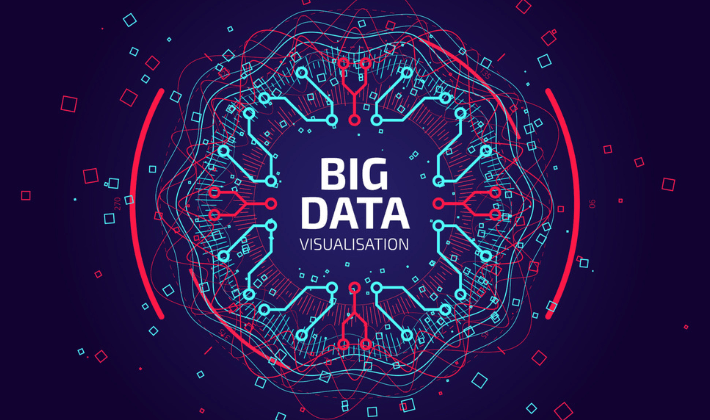
Collecting data on a large scale is incredibly easy nowadays, even with minimal effort. Your supply chain has dozens of potential data collection points that can direct you to areas of innovation and improvement. But only if you are accurately collecting and assessing your data.
According to the 2017 CSCMP’s Supply Chain Quarterly survey, many supply chain managers are largely ambivalent or dissatisfied with the data they can access. Those conducting the survey, however, also found that the most widely used tool for handling data was spreadsheets. What is the point of collecting data if you have to comb through thousands of cells for a single insight that might not even be up-to-date?
That’s why integrating advanced analytics now is so important to maximizing your supply chain operations. This process goes beyond collecting and storing data, as it draws your attention to key insights so you can make critical business decisions based on data and not emotion.
Advanced Analytics in Supply Chain
Supply chain leaders often have an excessive amount of data but no idea what to do with it. Advanced analytics software breaks down your data into useful reports and generates suggestions based on the data in those reports. These applications focus on five main areas of analysis.
- Descriptive: Your software tells you what’s happening in your supply chain.
- Diagnostic: Your software explains why something happened.
- Predictive: Your software predicts what will happen.
- Prescriptive: Your software suggests what you should do to achieve or avoid certain outcomes.
- Cognitive: Your software suggests future action for successful outcomes based on what it has learned from your data.
Descriptive analytics is the most basic form of analysis, but it is also the foundation for the more advanced assessments that come from diagnostic, predictive, prescriptive, and cognitive analytics.
What Are You Missing When You’re Not Utilizing Advanced Analytics?
You may have your own way of analyzing data, but if you are not utilizing advanced analytics, you could be missing out on potential ways to reduce risks, lower costs, more accurately predict performance, decrease disruptions, and make more informed decisions.
Making decisions based on data and not emotion will allow your business to become more agile and provide a higher quality of customer satisfaction.
If you are not utilizing your data effectively or without the assistance of advanced analytics software, you may also be missing an opportunity to gain an edge over your competitors. A study from The Hackett Group found only 44% of supply chain managers have a strategy for the transformation from rudimentary analysis to advanced analytics, even though 94% believe it will drastically affect supply chains in 2018. On top of that, 66% of supply chain leaders expect advanced analytics to be critically important in the next two to three years.
The Limitations of Advanced Analytics
If you have the data, advanced analytics is simple to implement. If your data collection relies on manual input or multiple systems, making sure it accurately integrates with your advanced analytics software can be a challenge. There may also be practical limitations on your ability to mine data.
On an employee level, integrating advanced analytics into your supply chain may require a standardization of definitions and metrics of success across departments. If something like this isn’t already in place, getting every team to rely on a new system may be difficult. A lack of access to data and undefined data governance can also cause acceptance issues within an organization.
Like most aspects of business, it is important to formulate a strategy first.
Data and the digitization thereof may feel overwhelming at times, but understanding and overcoming the potential hurdles of applying advanced analytics in your supply chain is how you will gain and maintain a competitive advantage in an increasingly complex landscape.
